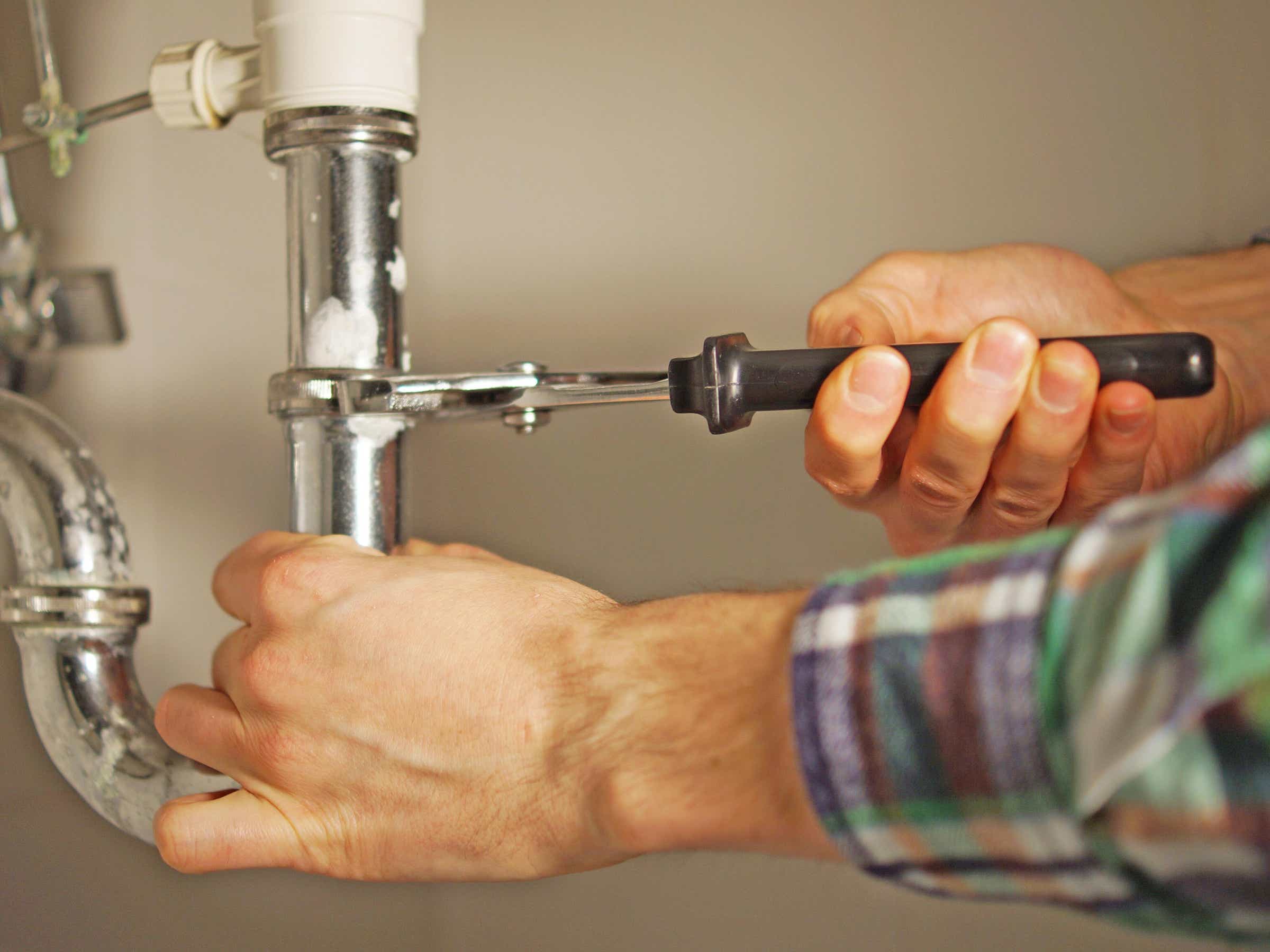A floor self-leveling compound, without any doubt, is a wonderful and versatile product that is significantly used for leveling the finishing floors, particularly concrete floors. There are two main types of floor self-leveling compounds. As they are very similar in nature, their names are often used interchangeably. However, the two have a minor difference.
- Self-leveling floor compound: a compound that requires no tooling
- Floor leveling compound: a compound that must require tool
This is a little way to differentiate the two. This blog will discuss these floor self-leveling compounds, their uses, and their pros and cons. So, read on.
Uses Of Floor Self-Leveling Compound
All floor self-leveling compounds share two main ingredients; polymers/plasticizers and Portland cement. And this combination is what gives concrete flooring a compressive strength when used in the following situations.
- One of its main uses is creating consistent level subfloors for vinyl, tile, wood, and other Creates a smooth topping over the old subfloors that are in poor condition.
- Bring uneven concrete flooring up to the level of the surrounding floors.
- Another benefit of a floor self-leveling compound is it covers tubing for radiant heat systems.
Types of Floor self-Leveling Compound
As we’ve discussed earlier, the two main types, each with unique features.
Floor leveling compound
This is used to coat the existing flooring or to fill imperfections. Even though the compound is labeled as self-leveling, it can’t work solely. Instead, it requires tools as stated above.
Pro: Unlike self-leveling compounds, the floor-leveling compound is superior for their use as an acid-stained, smooth, or stamped finish layer. Moreover, these compounds can also be used as an underlayment.
Con: As it requires more tools and skills, this makes it less attractive DIY material.
Self-Leveling Floor Compound
Since it doesn’t require tooling, it is much easier to handle. This material is also referred to as self-leveling underlayment and self-leveling concrete.
Pro: This product is best for covering radiant heat tubing and it is very easy to use.
Con: It can smooth out the surface as such because of the minimal tooling.
Now that you know the two main types of floor self-leveling compounds, let us share one of the best products.
LevelQuik RS Self-Leveling Underlayment
- It is a water-based product.
- It can be used under stone, tile, vinyl, hardwood, or carpet.
- The average cost of this product is about $32 per 50lb bag.
TEC Gray and Silver Indoor Leveler
- It is also a water-based product.
- It can be used as finished flooring.
- The average cost of this product is about $37 per 50lb bag.
MAPEI Self-Leveler Plus
- A water-based product that is used strictly as underlayment.
- The average cost of this product is about $30 per 50lb bag.
Akona Self-Leveling Floor Underlayment Cement
- It is also a water-based floor self-leveling compound that can be used over concrete and plywood.
- The average cost of this product is about $35 per 50lb bag.
Henry 555 Level Pro
- An underlayment that can be used over tile, wood, and concrete.
- The average cost of this product is about $37 per 40lb bag.




